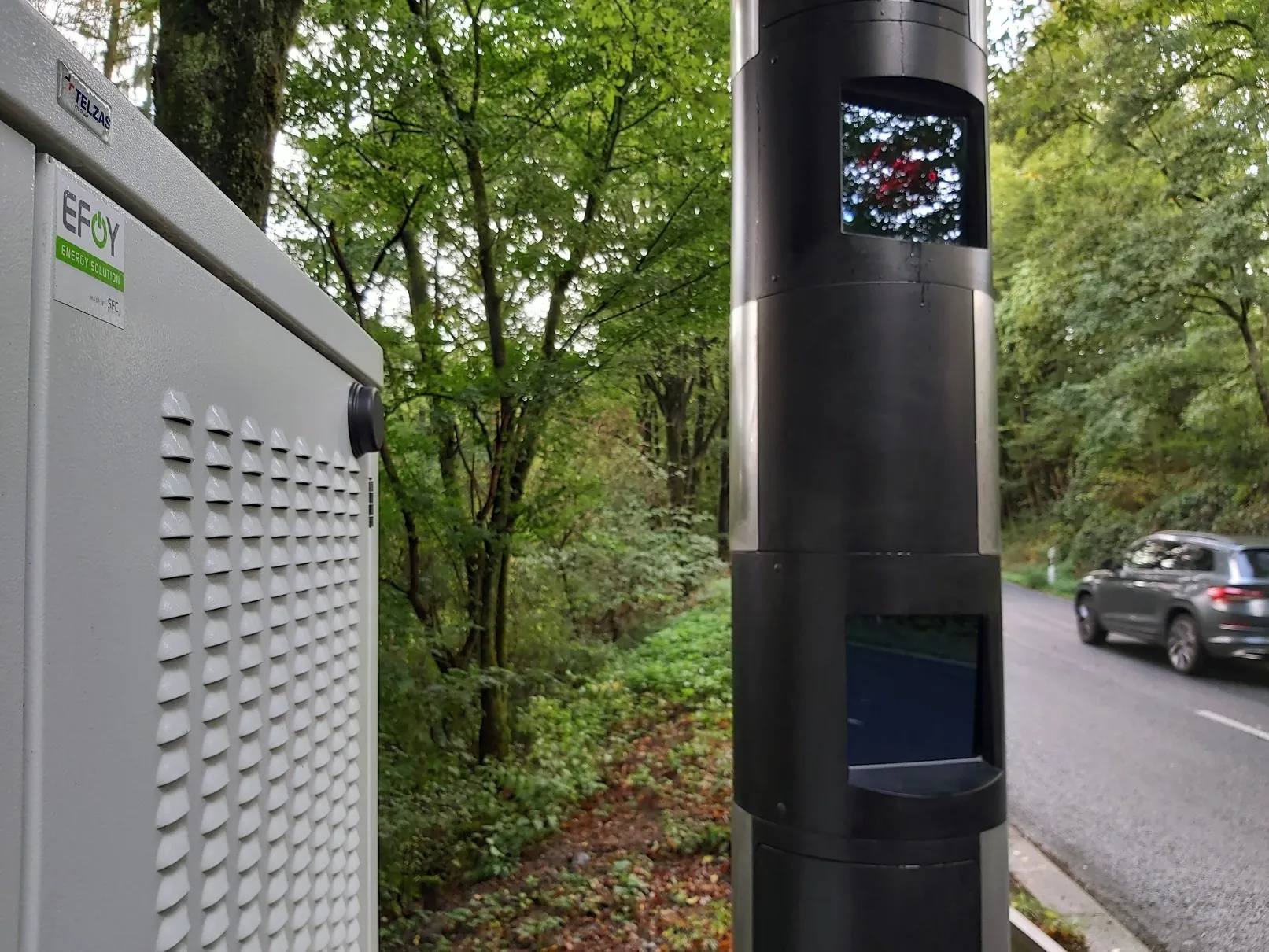TomTom Business Solutions, supplier of GPS and fleet management solutions, has announced an incentive program in conjunction with the New York State Energy Research and Development Authority (NYSERDA) to help New York commercial and government fleet operators improve fleet productivity and fuel efficiency. In partnership with the New York State Department of Transportation, NYSERDA is providing US$250,000 in funding toward this program which allows participating New York State businesses to receive special
September 14, 2012
Read time: 2 mins
In partnership with the
Participating partners include the New York City Department of Transportation, and
“NYSERDA is delighted to partner with TomTom Business Solutions to offer a program that will help increase energy efficiency in the transportation sector,” said Francis J. Murray Jr., president and CEO of NYSERDA. “Governor Cuomo has identified transportation as an area where New York State can help achieve significant energy savings, and this is an example of an innovative opportunity to advance that agenda.”








